Kaaba
Holiest Site in Islam and Symbol of Unity in Religious categoryThe Kaaba is a stone building at the center of Islam’s holiest site, Masjid al-Haram in Mecca, Saudi Arabia. Muslims believe it is the "House of God" (Baytullah) and the direction (qibla) for prayer. The current structure was rebuilt after a fire in 683 CE. Originally, Muslims prayed towards Jerusalem, but the direction changed to the Kaaba after a Quranic revelation. The Kaaba was famously rebuilt by Ibrahim and Ismail. Circling it seven times, known as Tawaf, is essential for completing Hajj and Umrah. During Ramadan and Hajj, millions of pilgrims visit the site for Tawaf.
The interior of the Kaaba is a sacred and beautifully adorned space. The floor is covered with white marble, bordered by a strip of black marble. The walls up to a height of about 4 meters are covered with rose-colored marble, carefully installed so as not to touch the original structure. Above the marble, green cloth stretches to the ceiling, decorated with Quranic verses in silver, creating a serene and spiritual atmosphere. The ceiling itself is also covered with this green cloth.
The interior also features historical inscriptions commemorating various architectural contributions, with ten marble stones embedded in the walls, nine inscribed in Thuluth script and one in Kufic. Lanterns from the Ottoman era hang from the ceiling, and a special spot inside marks where the Prophet Muhammad ﷺ prayed. Three wooden pillars support the roof, and a staircase, accessed through the Bab al-Tawbah door, leads to the rooftop. Additionally, a large box holds precious oils and incense burners used for the Kaaba’s annual cleansing ceremony with Zamzam and rose water.
Access to the interior of the Kaaba is highly restricted and typically limited to a select group of individuals. Those permitted include Islamic leaders and dignitaries from Muslim-majority countries, prominent religious scholars, and clerics, as well as custodians responsible for the upkeep and maintenance of the Kaaba, particularly during the annual cleaning ceremony. On rare occasions, special guests of the Saudi government may also be granted entry. However, the general public and ordinary pilgrims do not have access, as entry is considered a rare honor reserved for significant religious figures and special events.

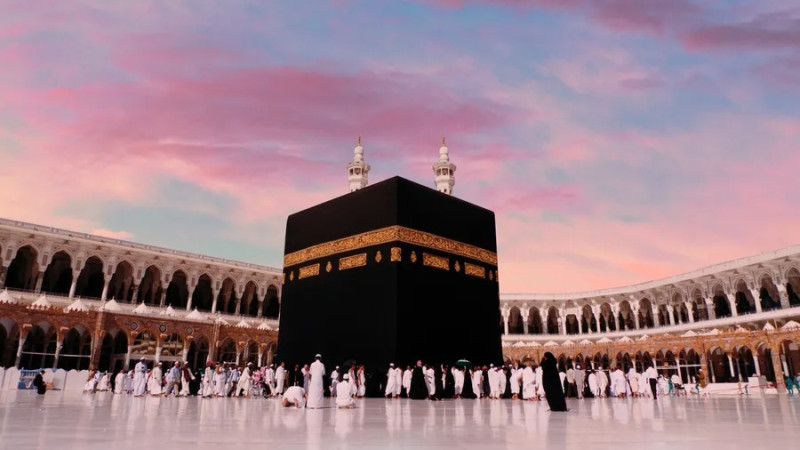
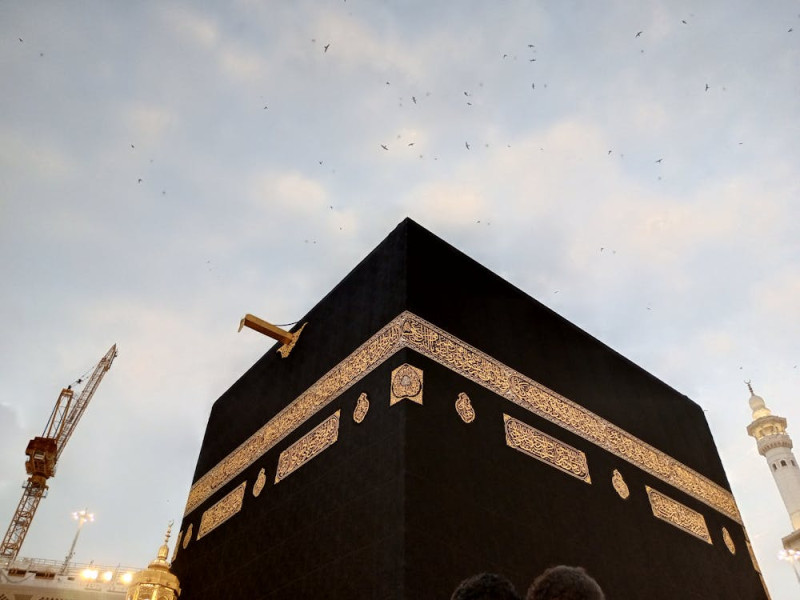
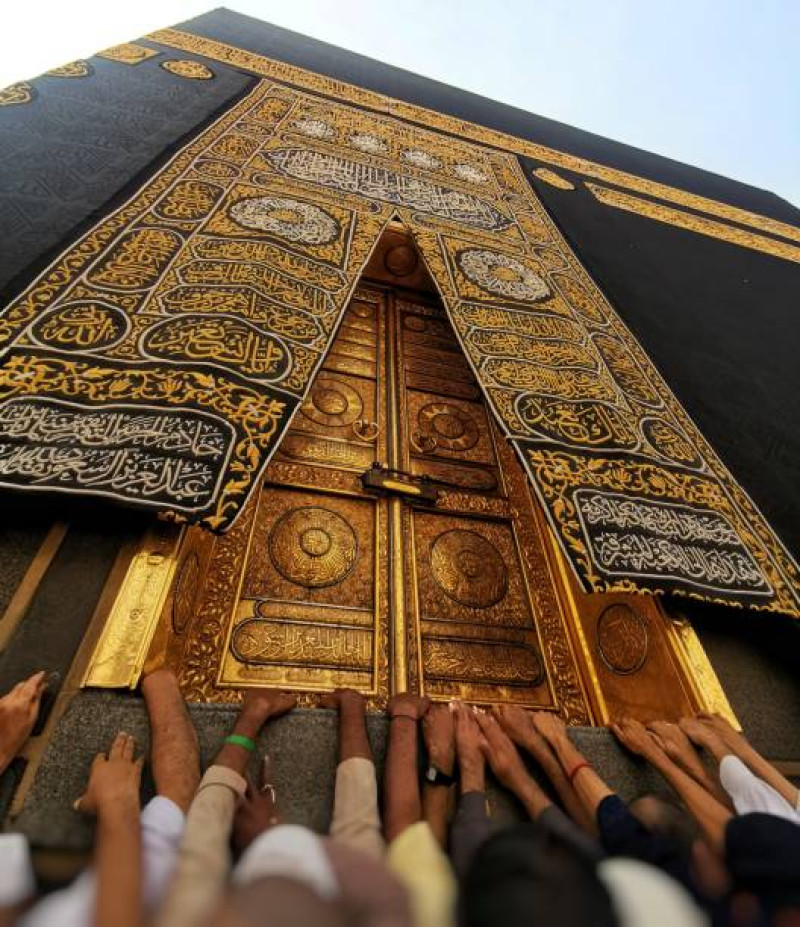
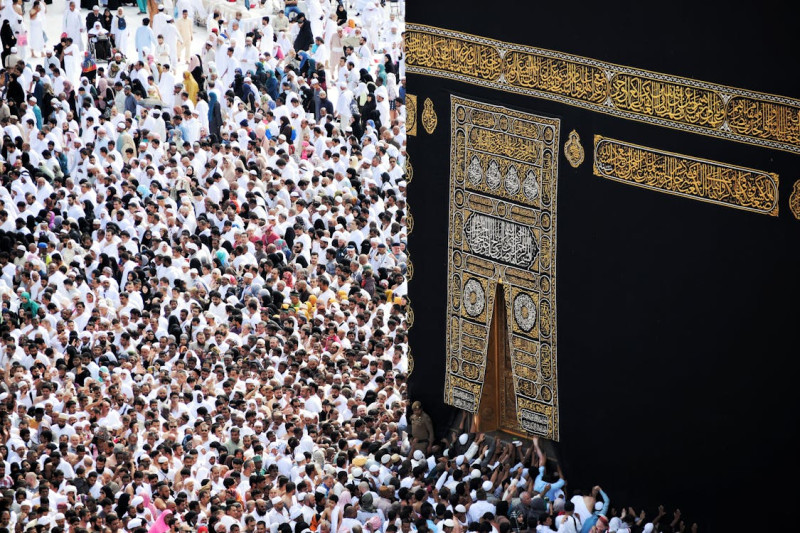
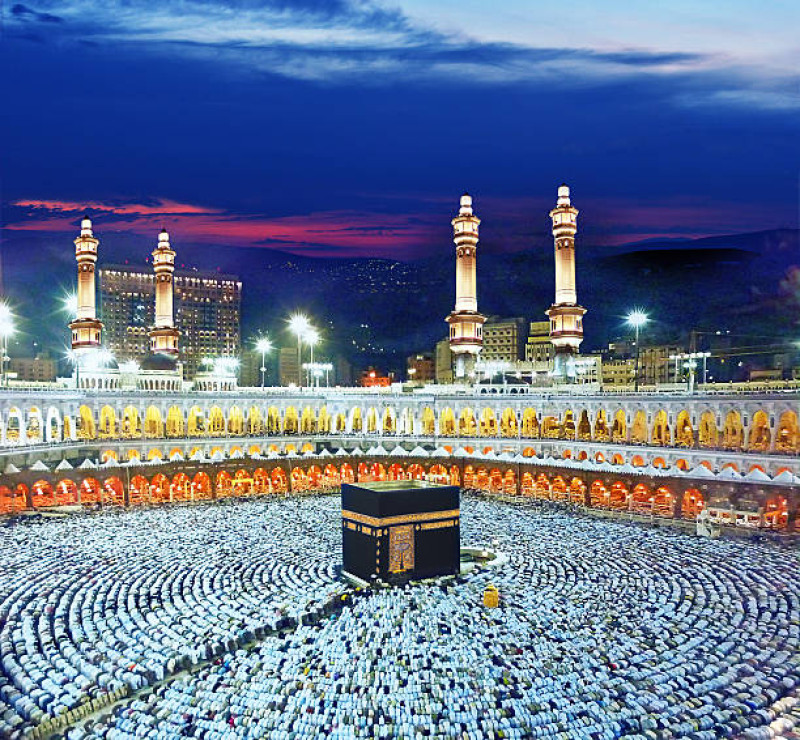
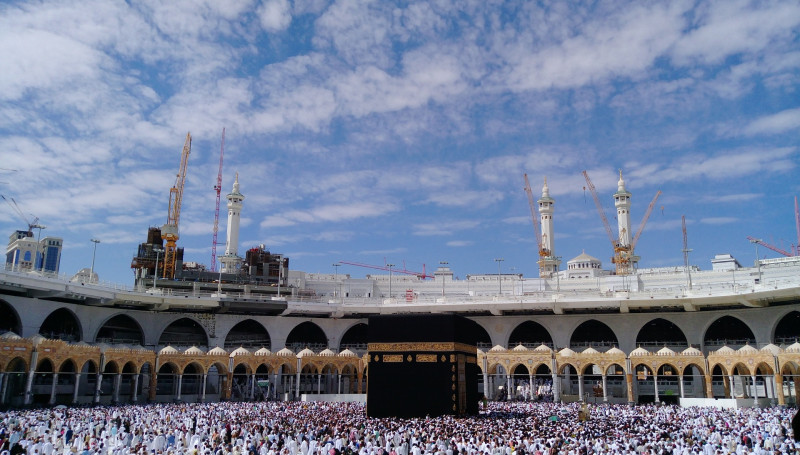
Unfortunately, no comments have been registered.